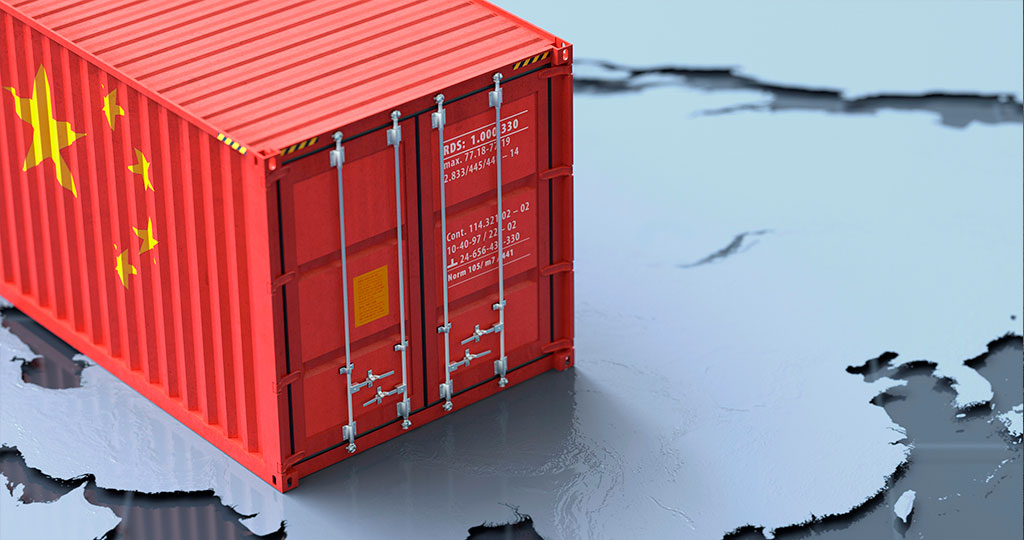Shipping goods overseas needs lots of work and knowledge of customs as well as other regulatory procedures. While it’s possible to educate yourself on these subjects and successfully complete an import or export of goods, it often comes at a high cost or at an improved risk of loss. It’s almost always preferable to get the service of an experienced, skilled third party to assists you navigate the complex regulatory environment of foreign logistics. This is where customs brokers can help.
What is a Customs Broker?
A customs broker serves as an agent on the shipping client’s behalf, negotiating the possible rates and terms for shipment and fulfilling the complex regulatory requirements needed to clear a shipment in customs.
They help eliminate barriers in international trade for their clients by means of facilitating the export and import of goods across global borders. It doesn’t matter if you are an individual, small business as well as an enterprise company. A customs broker utilizes their skills and expertise to assist goods smoothly clear in customs in different regions. By optimizing the flow of deliveries across borders, a customs broker reduces the pressures involved with global shipping for their clients.
Each customs broker sets their service charges; it depends on the particulars and complexities of diverse shipments. These rates can be based on a percentage of the shipment value. Some might also charge a flat fee for the services they offer. Asking a quote from them will assists you know the costs for the particular shipments.
How do they work?
Each time a shipment is imported or exported from one region to another, it should be cleared at each customs checkpoint. So, it should be documented, claimed by an accountable and responsible third party, and checked for smuggled goods and truth of certification with some exceptions. Customs brokers are professionals in this procedure. They know how to get all of the information needed, and signatures required lessening lag times in the supply chain.
To become a customs broker, one must be licensed or accredited by the custom service. This often needs many hours of coursework and training in the process of exporting and importing goods. They are required to continuously update their skill as rules regarding customs, duties change, and tariff schedules. They are accustomed to customs processes and exchange rates in almost every country.
This in-depth knowledge and extensive training enable customs brokers to obtain logistics efficiencies, which may never appear to the layperson. Customs brokers assist people and companies obtain greater cost reductions in other means too. They can utilize their many years of experience as well as training to consult with customers as to the best possible transportation choices.
Since skilled customs experts have planned and brokered many shipments, they can negotiate with freight carriers on behalf of their clients to obtain superb terms and the lowest rates. They can also suggest transportation options, whether by sea, air, or land, and can settle on the fastest and most effective shipping route. Customs broker assists get the shipment appraised as well as assigned with the right classification and responsibilities.
If the shipment is brokered and all needed paperwork is ready, the customs broker almost shepherds the shipment from one port until it arrives at the right destination. Shippers can rest easy that must there ever be an issue during the shipment process, a single phone call to customs broker is all that required to know what is happening or going on.
How to Choose a Customs Broker
Customs brokers can be found anywhere else easily. There’s a wide selection of brokerage companies ready to offer customs services. However, the challenge is knowing who to hire among these many firms to ensure great service. Keep on reading to see some tips for finding a good customs broker.
- Just Deal with Authorized Brokers: The authorization or license must be the first thing you must consider when entering into a transaction related to import or export needs. This is often taken for granted by some. So, ensure they are permitted to do service in your area or jurisdiction.
- Dedicated and Committed to the Service: A lot of hefty customs brokerage also provides other related services, which cause some hesitations on the part of the clients as to the firm’s priorities. A reputable one who offers other services proves they can grow in the business and make a wider array of services for the client’s convenience. But, you need to ensure that the service provider has a team of dedicated experts for custom brokering with the best skills and expertise which you can rely on and trust.
- Critical Filtering Promises: Don’t easily rely on the words of customs brokers, particularly when it makes you think the procedure can be perfected. A real case scenario includes delays as well as adjustments of a plan, particularly in big import volumes. You need to be sensitive to the words of the customs broker and get one that is able to provide an honest assessment of the demands and needs.
- Choose a Totally Automated Customs Broker: Customs filing is done online; however, there are still brokers who use manual billing as well as documents updates from the government. Most often, this leads to data and details not being updated on a regular basis. Pick one which is totally automated, not just in filing documents but in other fields of communication.
- Pick a Broker According to the Size of Your Company and Imports: Some opt to big brokerage firms as they have the required facilities as well as network for effective representation. But, some experts disagree that small to medium companies can gain from getting the service of a small to medium customs broker. When the big firms deal with huge companies with great import values, there is a chance that they’re giving them further attention.
- Eager to Draw Up an Agreement: When working with a broker, make sure to draw an agreement first. This is to secure both parties and, of course, your belongings and assets in the process. Agreements should be stipulated clearly on paper and should include nitty-gritty information about the work. When the broker objects, it is advisable to find a new one.
- Ask Many Questions: Customs brokers who are sincere in working or dealing with you are eager to discuss to you first and foremost as well as answer your concerns and queries. Therefore, prior to making a choice, you need to ensure to communicate with everyone on the list and ask questions related to customs clearance to assists in making a decision.
- Eligibility: This is the first thing you need to consider. The customs broker should be licensed, which means accredited, and pass the licensure exam for customs brokers.
- Technical Skills and Knowledge: Interfacing with international and local customs is no mean feat. The rules, laws as well as regulatory requirements to ship of good is complex. This is the reason why it is vital for the customs broker to possess a high level of skill and knowledge and access to the latest information about importation, shipments, and exportation.
- Track record: It’s also a smart move to ask business peers for recommended one and current customers of the brokers for reviews and feedbacks about their performance. This allows you to gauge their integrity, level of expertise, and professionalism.
- Integrity and Professionalism: They are the ones that interface with customs on behalf of exporters and importers. So, meaning that the broker is the one who stands for you and your company. So, it is vital to have one who can please all legal needs in an effective, efficient, and ethical manner.
Conclusion
If you find a good customs broker, deal with them very well, and remember that while this expert works as a business representative, the smooth operation of your business remains to be your accountable, and tracking imports on a regular basis is a part of it.





